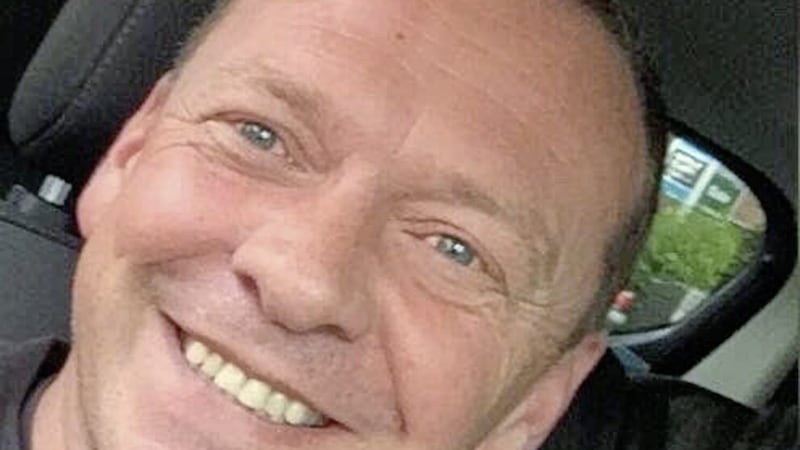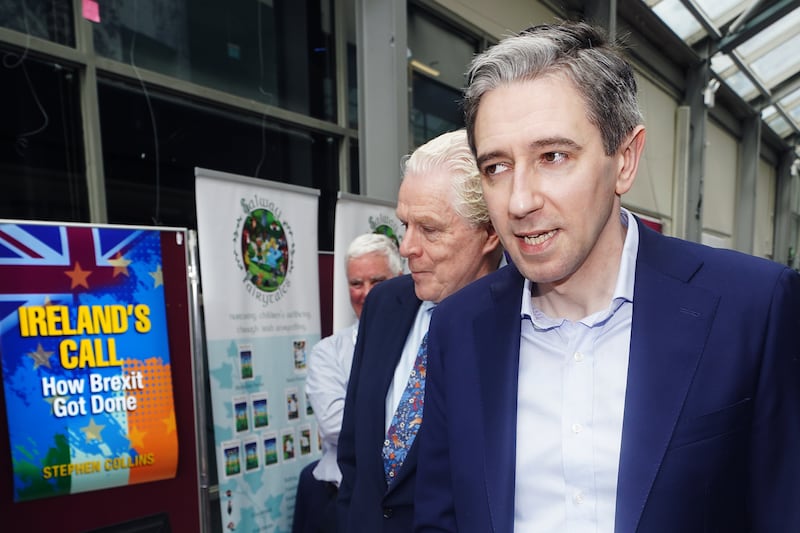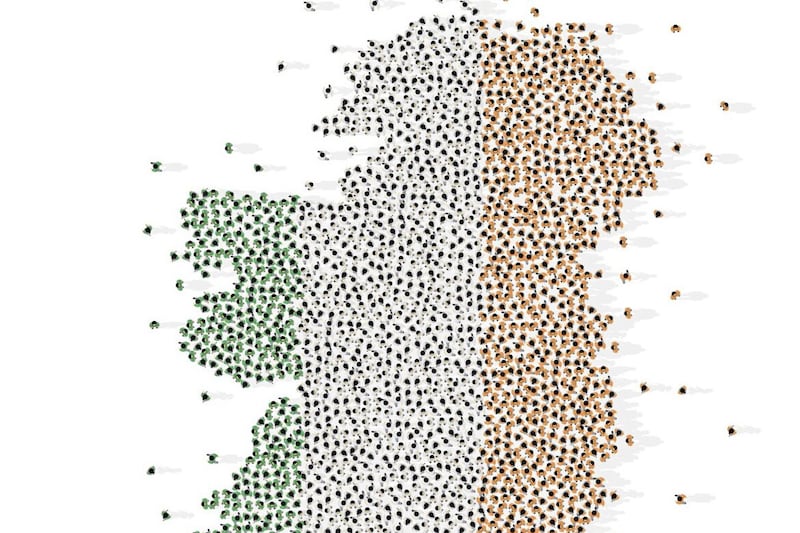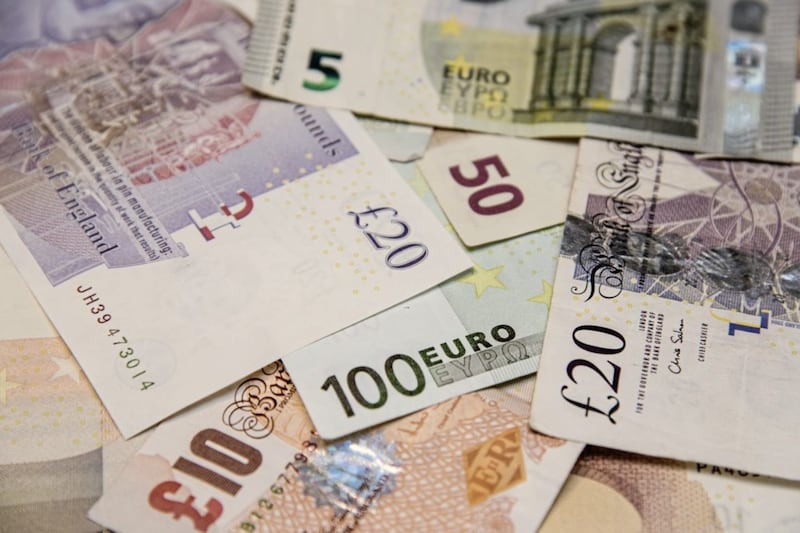MY Da was an Orangeman. I am an Irish nationalist. How did that happen? Was there a “Road to Damascus” moment or did my politics just evolve with each passing decade, with each book I devoured, with each “Northern Ireland staring into the abyss” headline?
"Odd" is one of the more printable descriptions employed by my friends when asked about my politics.
"The Protestant Religion and Liberties of England I will Maintain" is the solemn declaration at the head of my Da’s LOL membership certificate.
The certificate itself is a lovely piece of art boasting fine calligraphy. I even had it framed albeit with a green border as testament to my warped sense of humour. The certificate was issued in 1953 when my Da was 19. Presumably these days, after “Liberties of England”, there is a caveat of “except same-sex marriage and abortion rights”. But I digress.
My grandfather fought for the Royal Irish Rifles during WWI prior to joining the RIC on his return from active service. He was stationed at Brown Square Barracks on the lower Shankill Road.
So, how does someone from a Protestant/Unionist/Loyalist (PUL) background gravitate towards such a diametrically opposed political position? It doesn’t make sense. But it does to me.
I have always maintained that PUL people have more in common with their Catholic neighbours than they do with people in GB. Equally, Catholics in Northern Ireland can identify more closely with their Protestant neighbours than with people from ‘down South’.
I was born and brought up in Belvoir, a working class, predominantly Protestant housing estate in south Belfast. It was an oasis during the Troubles. Cocooned on one side by Belvoir Forest Park and on the other by the dual carriageway, Belvoir seemed self-contained and safe. Only four roads in and out – handy when planning Ulster Workers’ Council barricades, I’m told.
So, I am from a Protestant/Unionist/Loyalist community. Let’s take each in turn:
(1) Protestant – religion is a gift I have yet to receive. In my opinion, religion is all about control. I also contend that those who claim to be the province’s staunchest Protestants have rarely crossed the threshold of a place of worship.
I was in a mixed marriage and, as my then-wife was a practising Catholic, I was amenable to being married in a Catholic church and for my children to be baptised and confirmed as Catholics and to be educated in Catholic Maintained Schools.
A lasting memory is of my son’s Confirmation at The Good Shepherd Church. Naturally, the service dragged on and on. At one point my eight-year-old daughter turned to me and in an audible whisper inquired “Daddy, this is so boring! Can I be a Protestant?” Out of the mouths of babes!
(2) Unionist – ah, “The Conservative and Unionist Party”. The party which, during Churchill’s tenure, offered Northern Ireland to Eamon De Valera in exchange for access to the deep-water Treaty Ports at Lough Swilly, Berehaven and Cobh. “It’s now or never. A nation once again” wrote Churchill to De Valera in his telegram. Or the party which, under Boris Johnson, shafted its chums in the DUP and which will, in time, choose to divest itself of its most troublesome and expensive piece of Empire.
(3) Loyalist – er, to what? A country which does not reciprocate? A monarchy which has no political power? – witness the prorogation of Parliament by the Queen which was subsequently deemed to have been unlawful.
So, while I hail from a PUL background, I am anything but. I am an Ulsterman first and foremost, an Irishman second, a European citizen and then British.
I contend that my interests will be best served in a united Ireland but, critically, a prosperous united Ireland with a strong focus on the European dimension. I believe that I am one of a growing number of people from a PUL background who have shifted significant ground in relation to the ‘national question’, and I hope this article gives others like me the chance to come out and say so.





